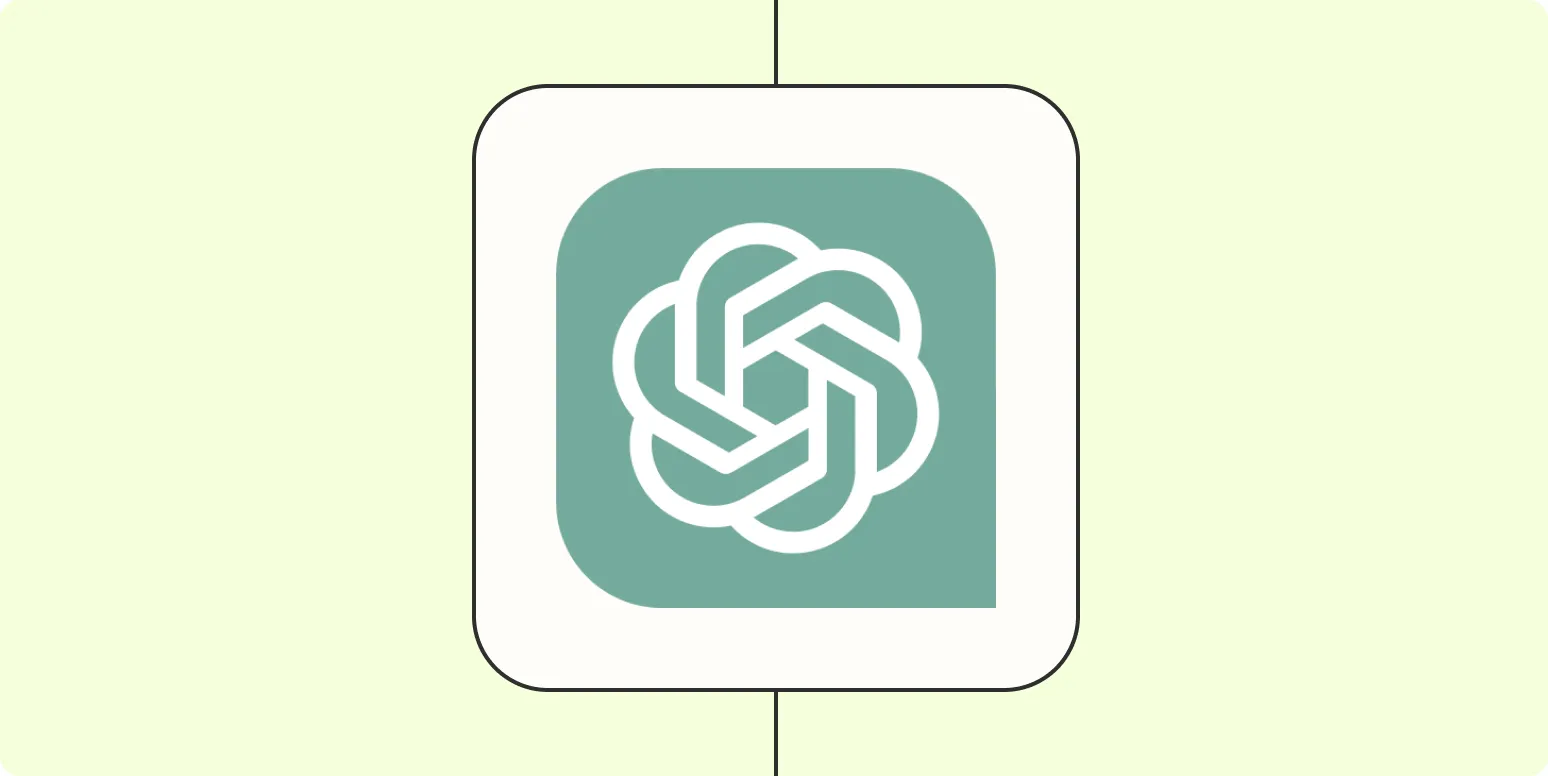When discussing the potential for humor in artificial intelligence, particularly with tools like ChatGPT, it’s important to explore what makes something funny. ''Humor'' is subjective, relying on context, timing, and delivery. So, can ChatGPT be funny? Let's dive into the nuances of its comedic capabilities.
Understanding Humor in AI
To grasp whether ChatGPT can generate humor, we need to understand the mechanics of ''AI-generated humor''. Humor often derives from surprise, incongruity, or a clever twist. ChatGPT, trained on vast datasets, can mimic patterns that are often associated with funny content. However, the challenge lies in the fact that humor is not just about words; it's about timing and the emotional connection with the audience. Here’s a comparative chart to illustrate how ChatGPT's humor varies against human humor.
| Aspect | ChatGPT | Human |
|---|---|---|
| Contextual Understanding | Limited; relies on training data | Rich; informed by personal experience |
| Timing | Static; lacks real-time adjustment | Dynamic; adapts to audience reaction |
| Creativity | Generative; creates based on learned patterns | Innovative; draws from diverse life experiences |
| Incongruity | Can produce but may miss subtleties | Often excels at clever twists |
| Emotional Connection | Lacks genuine emotional insight | Deeply intuitive; understands audience feelings |
Types of Humor Generated by ChatGPT
Despite its limitations, ChatGPT can generate various types of humor, including:
- Puns: These are often simple plays on words that can be effective. For example, "I told my computer I needed a break, and now it won't stop sending me beach wallpapers!"
- One-Liners: Short and snappy quips can be crafted with relative ease. An example would be, "Why did the scarecrow win an award? Because he was outstanding in his field!"
- Jokes with a Setup and Punchline: ChatGPT can be programmed to create structured jokes. For instance, "What do you call fake spaghetti? An impasta!"
- Observational Humor: While more challenging, it can attempt to make humorous observations about everyday life.
The Role of Context in Humor
One of the most significant challenges for ChatGPT in generating humor is understanding context. For humor to resonate, it often needs to be tailored to the audience's experiences and cultural references. In contrast, a human comedian can adjust their delivery based on audience feedback, a flexibility that AI currently lacks. This capability is crucial, especially when you consider how ''humor can vary significantly'' across different cultures and demographics.
Limitations of ChatGPT's Humor
While ChatGPT can produce humorous content, there are inherent limitations:
- Repetitiveness: Over time, it may start to produce similar jokes or phrases, which can diminish the novelty.
- Lack of Personal Touch: ChatGPT does not have personal experiences or emotions to draw from, which are often the backbone of relatable humor.
- Cultural Sensitivity: Humor can easily cross lines into insensitivity. ChatGPT may inadvertently generate content that is not culturally aware.
Improving Humor in AI: Future Directions
As AI technology continues to evolve, so too will the potential for humor generation. Enhancements may include:
- Better Contextual Awareness: Future iterations could be designed to understand more about the audience and current events, leading to more relevant humor.
- Emotional Intelligence: Integrating emotional understanding could allow AI to better gauge audience reactions and adjust humor accordingly.
- Feedback Loops: Learning from interactions could help refine the humor output, making it more engaging and diverse.
Conclusion: Can ChatGPT Be Funny?
In summary, while ChatGPT can generate amusing content, the essence of true humor lies in human experience and emotional connection. It can create jokes, puns, and one-liners, but its effectiveness will largely depend on the context and the audience. The future of AI humor is promising, with advancements likely to enhance its ability to engage and amuse. As we continue to explore the capabilities of AI like ChatGPT, the question remains: will it ever truly replicate the nuanced art of human humor?
Whether you're looking to create engaging ''referrerAdCreative'' or simply want a laugh, ChatGPT might just surprise you with its attempts at humor. However, it’s always beneficial to appreciate the unique charm that human wit brings to the table.





